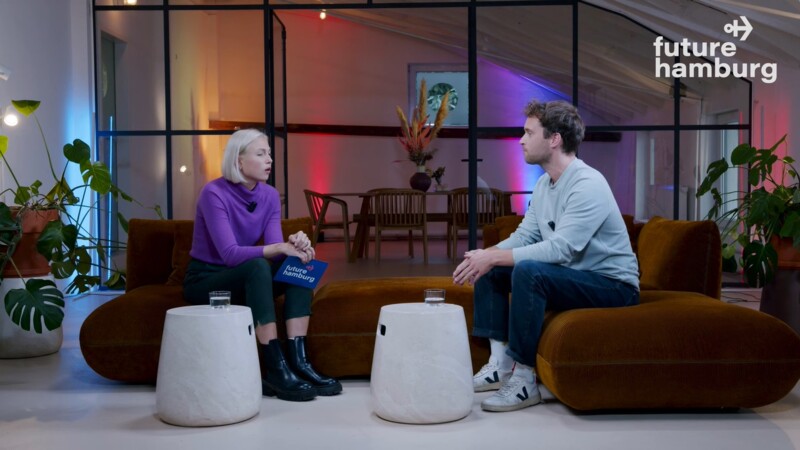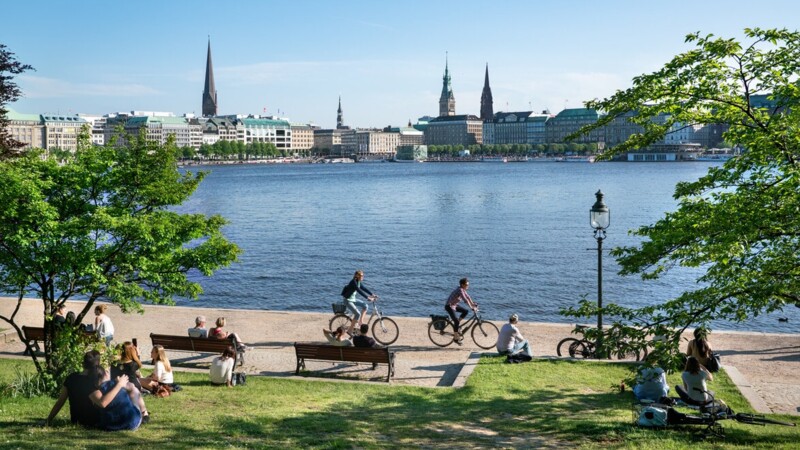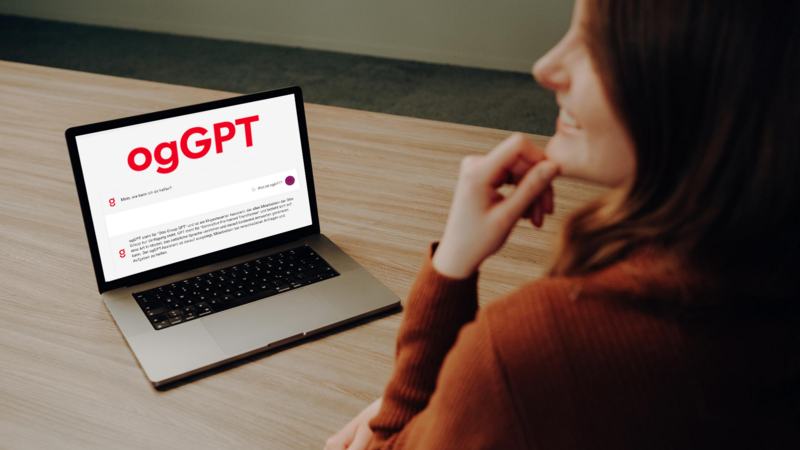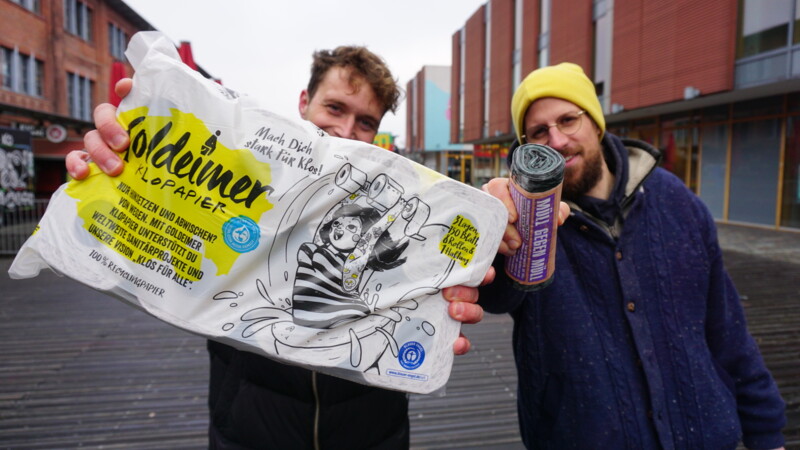"Personally, this collaboration is a great example of how innovation and sustainability work together with impact and scaling," said Tobias Gruber, Head of Sustainability at Otto. The group began using the wild plastic alternative in January following a successful trial. Plastic waste is collected in parts of the world without adequate waste infrastructure and fed back into the recycling loop and reused as packaging material, said Christian Sigmund, CEO of Wildplastic. Large quantities of plastic are no longer simply thrown away, but are recycled to a high standard.
The Hamburg-based Otto Group packed around half of its goods in an alternative to plastic, supplied by Wildplastic, in 2022 and broke the 100 per cent mark in early 2024, a press release said Tuesday (January 30, 2024). This comes amid the ongoing popularity of online shopping despite its negative impact on the environment. Ordered goods are usually packed in several layers for shipping, tons of plastic waste are produced and pollution spreads. The Otto Group has worked with the Wildplastic start-up since 2020 to replace industrially-produced plastic packaging.
Plastic collected from all over globe
Saving 1 million kilogrammes of CO2
Wildplastic aims to create a sustainable packaging alternative and to gradually lower mounds of waste dotting the environment. As part of the cooperation with the Otto etail and service company, around 308 tonnes of plastic were retrieved from the environment between 2021 and late 2023. More than 740,000 kilogrammes of CO2 were saved. "Now we want to break th 1,000,000-kilogramme CO2 mark," said Sigmund. The Otto Group plans to switch all packaging to recycled, biodegradable or reusable solutions, according to Marc Opelt, Chairman of the Otto Divisional Board.
fw/mm/pb
Sources and further information
More
Similar articles

Future Hamburg Talk meets Christian Sigmund, CEO of Wildplastic


